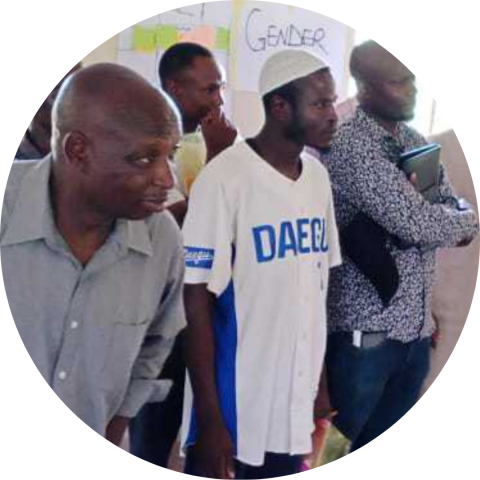The World Health Organisation (WHO) states that “Violence against women – particularly intimate partner violence and sexual violence – is a major public health problem and a violation of women's human rights.”
WHO estimates that, globally, about 1 in 3 women have been subjected to physical or sexual violence. Intimate partner violence is the most prolific: 38% of all murders of women are committed by intimate partners.
Governments have started to give this huge issue greater focus, with nearly 500 laws or policies to protect women against violence created or strengthened since 2019, and conviction rates for GBV are improving in many countries.
Gender inequality and social norms that view violence against women as acceptable are two root causes of these shocking statistics.
Sadly, GBV also contributes to a gender disparity in new HIV infections: in South Africa, for example, women are twice as likely to be living with HIV.
But GBV is preventable.
With your help, ACET programmes are challenging the drivers of GBV and, thanks to you, supporting its survivors. This newsletter shares a few examples with you.
ACET Nigeria promotes gender-equitable attitudes and behaviours with young people at their Esteem clubs; helps survivors report GBV and get convictions; challenges harmful practices such as child marriage that perpetuate a cycle of violence; and runs community training to educate about positive masculinity and nonviolent conflict resolution in relationships.

In Zimbabwe, the Nehemiah Project works with female sex workers, who are particularly vulnerable, helping them negotiate safer sex; report violence; and access GBV services. They also provide business and vocational training, so these ladies can create a safer way of earning a living.
Our Relationships and Sex Education programmes in the UK and Ukraine foster healthy relationships, setting boundaries, and having respect for others. We teach about sexual consent, promote gender equality, and tackle the potentially harmful consequences of sexting and how ‘learning from’ pornography can skew your views on relationships.

